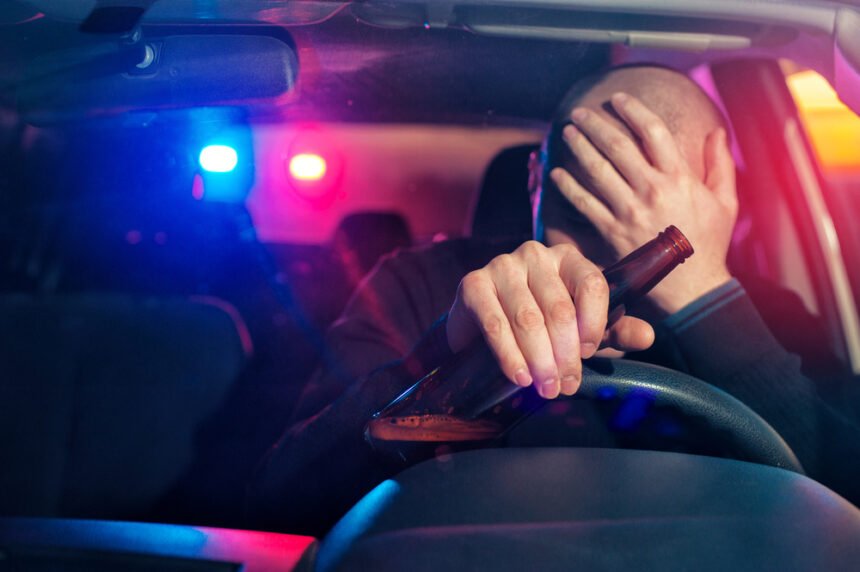Driving under the influence (DUI) and reckless driving are both serious offenses that can lead to dire consequences. You are risking both your health and serious legal consequences. But what exactly distinguishes one from the other? And what are the potential implications of each? What are the risks to your health?
This article dives into the nuances of reckless driving vs DUI charges and explores the consequences, shedding light on the legal lines drawn on the asphalt of our roads. Buckle up and join us as we navigate these murky roads of the law. Read on!
What Are the Risks to Your Health?
The health risks of drunk driving cannot be overstated. Around 11,000 people are killed in drunk driving accidents each year.
Car accidents caused by drunk driving can also be debilitating for people that survive. We talked about some of the most common car accident injuries, which include whiplash, fractured bones, spinal injuries, burns and brain trauma.
In short, there are far too many health risks when drunk driving. It can take a long time to recover from these injuries as well. You cannot afford to take the risk.
What Are the Legal Risks of Drunk Driving?
There are also a number of legal consequences of drunk driving. These risks are listed below.
Comparing the Nature of the Offenses
At first glance, DUI offenses and reckless driving offenses may look alike since both involve driving a car in a dangerous way. But these two crimes are not the same in important ways that make them different.
DUI is driving while impaired by drugs or alcohol. A person is usually charged with DUI when their blood alcohol concentration (BAC) is higher than the legal limit of 0.08%.
DUI also covers when drugs are found to be affecting a person’s ability to drive. Operating a motor vehicle while impaired is illegal and carries harsh punishments because it greatly risks public safety.
On the other hand, reckless driving is when you drive a car in a way that shows you don’t care about other people’s safety. For example, this could mean going too fast, weaving through traffic, or driving in a way that threatens pedestrians or other drivers. People often think of careless driving as a less serious crime than DUI, but it can still lead to serious problems.
Potential Implications
As was already said, there are serious consequences for both DUI and careless driving. But the effects of each charge are different depending on things like past offenses, how bad the offense was, and state laws.
If you get a DUI for the first time, you could face fines, license suspension, or even jail time. Offenders may also have to go to programs that teach them about drugs or alcohol in some states.
You may face harsher punishments if you break the law more than once. This includes longer jail terms and having to install an ignition interlock device.
On the other hand, careless driving is usually a misdemeanor crime that can lead to fines, license suspension, or even jail time. On the other hand, the penalties might not be as bad as those for DUI.
Legal Distinctions
The legal burden of proof needed to convict someone of DUI and reckless driving is another important difference between them. Prosecutors have to show beyond a reasonable doubt that the driver was impaired while driving. This could mean showing proof of BAC levels, field sobriety tests, and other things.
For reckless driving cases, on the other hand, it is necessary to show that the driver acted without caring about safety. This standard might be more subjective, and hard evidence might not be needed, like in DUI cases. In both cases, guidance from a car accident attorney or wherever you are can affect the outcome.
Reckless Driving vs DUI Concluding Thoughts and Reflections
It’s essential to understand the distinctions between reckless driving vs DUI offenses to comprehend the severity of each fully. Both can have significant implications on one’s life, but DUI is generally considered a more serious offense due to its potential harm to public safety.
It is essential always to prioritize safe and responsible driving practices to avoid facing either of these charges. Remember, it’s not worth risking your life or the lives of others on the road.
Did you like this guide? Great! Please browse our website for more tips!

